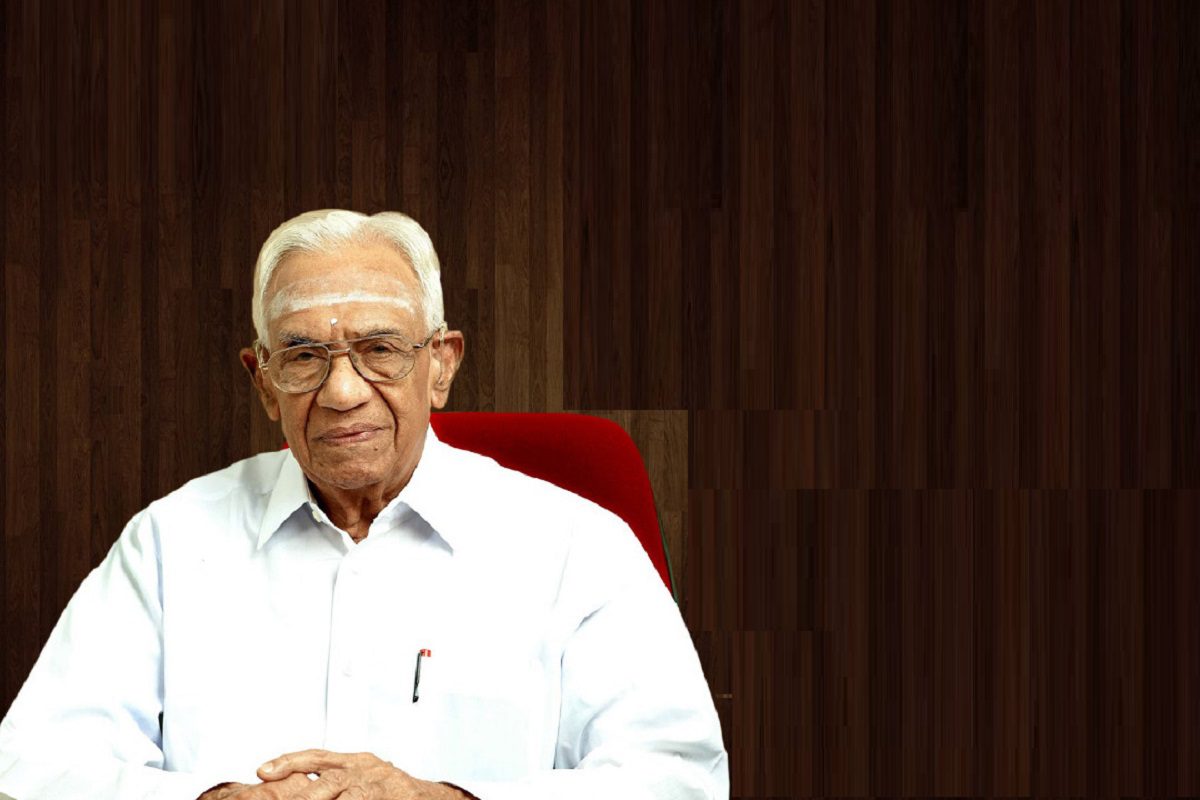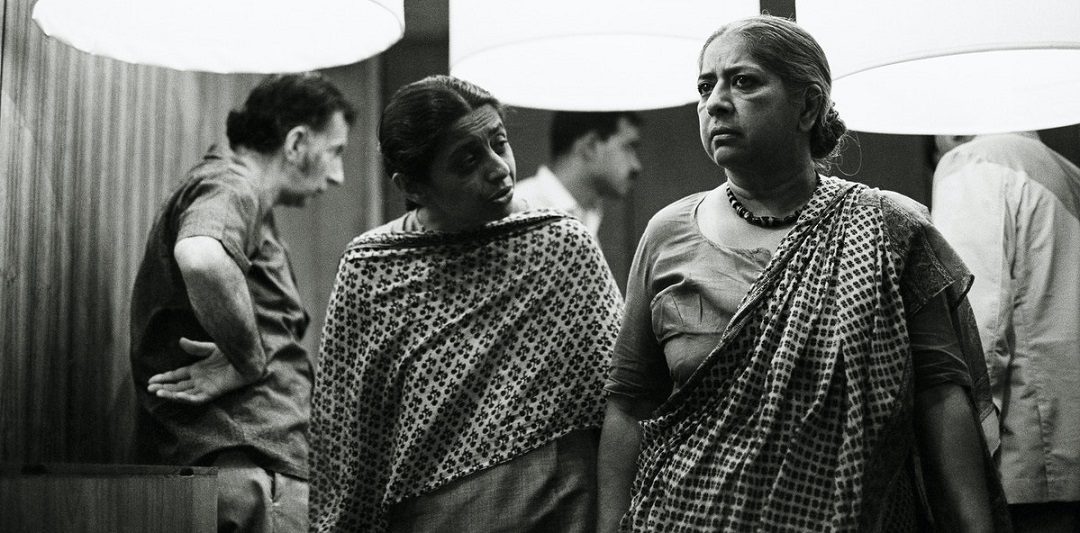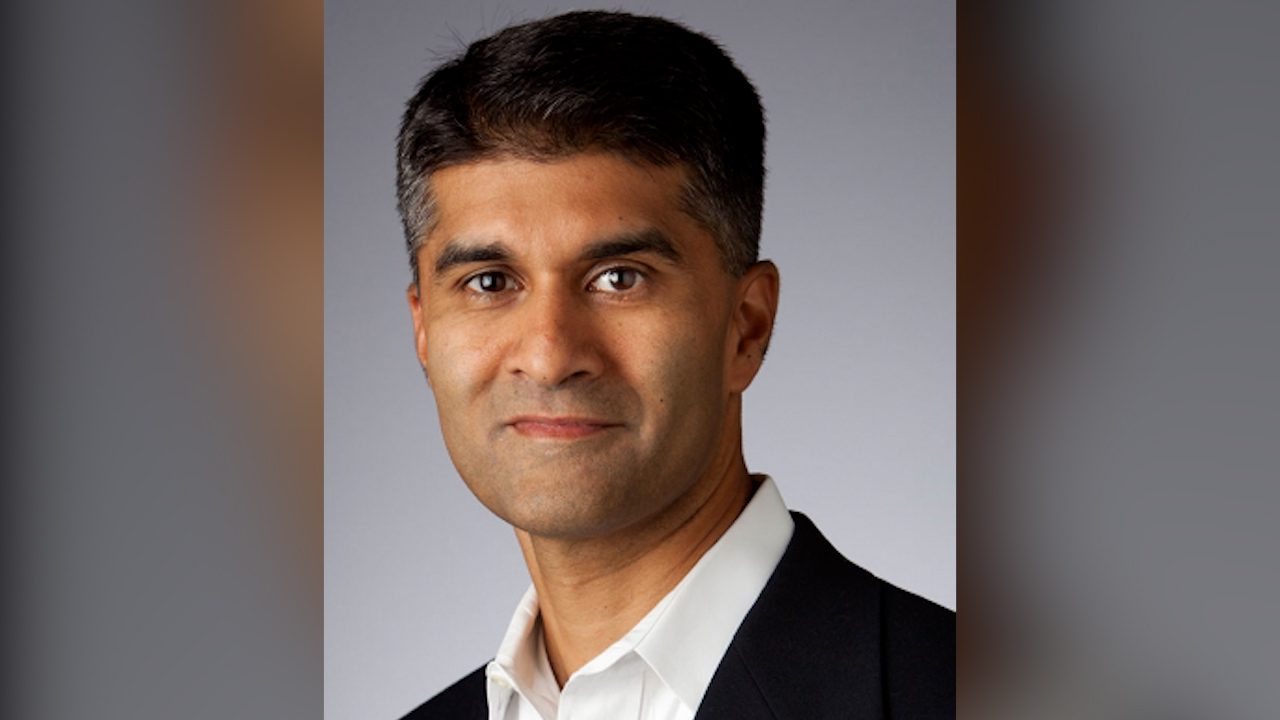(September 30, 2021) For over five decades Bala V Balachandran, or Bala as he was better known, carved a niche for himself as an Indian academic of repute. From teaching at the prestigious Kellogg School of Management, being a key member of the team that conceptualized the Indian School of Business (ISB), to founding the Great Lakes Institute of Management (GLIM) in Chennai, Bala was the man behind some of the country’s top B-Schools. The professor who was instrumental in establishing many B-schools across the country breathed his last on September 27 in Chicago after a brief illness. He was 84 and is survived by his wife and two sons.
Bala, who’d spent over four decades teaching in the US, had decided to launch a management institute in India at the age of 67 when most others would be planning a life of retirement. But for this Global Indian it was his dream to put Chennai on the international management education map that drove him to set up GLIM in 2004.
With profound grief, we inform you of the passing of Dr. Bala V. Balachandran. Uncle Bala, as he was fondly called, was an inspiration to many. Although we will miss him dearly, we shall carry him in our hearts and live by the value system that he built for us. 🙏🏻 pic.twitter.com/42rq91eK3f
— Great Lakes Institute of Management (@GreatLakes_MBA) September 28, 2021
From India to the world
Born in 1937 in Tamil Nadu’s Pudukottai, Bala was the oldest of six siblings. His maternal uncle was S Satyamurti, a renowned Independence activist and an Indian National Congress leader from the Madras Presidency. Bala did his schooling at Kulapathi Balaiya School and Christian Mission School at Pudukottai and moved to Chidambaram for his graduate and post graduate studies at Annamalai University.
Incidentally, in 1940 when Bala was 3-years-old he met Mahatma Gandhi in his village and told him he was willing to die for his country, according to an article in Business Standard. Despite his young age at the time, Bala recalled this incident till his last days. Though keen to serve his country in some form, Bala took up a teaching position at Annamalai University’s Department of Statistics in 1959. When the Indo-China war of 1962 broke out, he was enlisted to join the Army. He joined as a Commissioned Officer in the Indian Army through the Short Service Commission and was soon promoted as Captain by the end of the war. After the war, he resumed his teaching duties at Annamalai and was posted to serve as Commander (NCC) in Chennai.

Bala V Balachandran
A window of opportunity
In 1966, Bala V Balachandran attended a month-long workshop by Dr Landis Gephart on Quality Control and Reliability Engineering under the aegis of USAID in Chennai. At the end of it, he was offered a full scholarship to pursue his MS/PhD at University of Dayton in Ohio. Upon completion of his MSE (Engineering), Bala was appointed as Assistant Professor of Industrial and Systems Engineering by University of Dayton. Always on the quest for knowledge, Bala went on to do his MBA and PhD in Operations Research from Carnegie Mellon University and eventually joined the Graduate School of Management (now Kellogg School of Management) at Northwestern University in Chicago in 1973.
Over the years, Bala earned a reputation for his analytical intelligence and entrepreneurship. His association with Kellogg School continued for over four decades and he was also honored with the JL Kellogg Distinguished Professorship in Accounting, Information and Management award in 1984. He was also instrumental in setting up several top B-school and management programs in India (IIM-Bangalore and ISB Hyderabad), US, UK, Israel, Thailand, Germany and Malaysia. In 2001 he was conferred the Padma Shri for his contribution to education.
His strong India connect
Despite having lived in the US for over five decades, Bala was deeply involved in India’s education space and had quite a few connections in the country’s corporate sector as well. All testament to his flair for management and networking. When IIM-Bangalore was being set up, Bala’s friend Bullock cart Ramaswamy stayed with him in the US where he hired the first six faculty members for the now iconic institute. Bala himself made several trips to the institute as guest faculty in the early 1970s.
We share the profoundly sad news that a key member of the ISB community Professor Bala V Balachandran is no more. Professor Bala was a key member of the team that conceptualized and founded the ISB.🌺 pic.twitter.com/F8sC8oXMrE
— Indian School of Business (ISB) (@ISBedu) September 28, 2021
In 1991, the Government of India asked Bala to develop an MBA program at Management Development Institute in Gurgaon. MDI’s faculty was flown to Kellogg School for a three-month training and taught how to teach. Next up was ISB, Hyderabad, where Bala was the chairman of the committee to select the dean for the now-prestigious executive MBA institute.
The turning point
Things took a deadly turn in 2002 when Bala was declared dead by doctors. Lying in a hospital bed for a quintuple bypass surgery, Bala’s life was hanging by a thread. The surgery hadn’t gone too well and 65% of his heart was no longer working. Doctors had almost given up hope, when one doctor said that Bala stood a slim chance if they tried something new.
As the team of medical experts fought to revive Bala, the professor had a glimmer of an idea, one that took clearer shape as the doctors worked on him: he would set up a new MBA institute in India, one that wasn’t mired in politics and blame game like the institutes he’d been earlier associated with. This was his chance to keep his word to Gandhi from all those years ago. “All these years when I studied and worked in the US, the Gandhi effect never went away. I wanted to do something serious for my mother country,” he told Business Standard in an interview.

Bala V Balachandran
Despite having narrowly escaped the jaws of death, Bala’s entire focus was on his new mission. In 2004 he used his own savings to rent a less than one acre space in Chennai to launch Great Lakes Institute with a one-year MBA course that would pose a stiff competition to ISB and other MBA institutes in the country. His plan was to offer a quality one-year MBA course like ISB, but at a more affordable fee like an IIM. Over the years GLIM grew by leaps and bounds and today stands on a sprawling 27-acre campus in Chennai and is one of the top-ranked MBA institutes in the country today.
Bala had the foresight to set up a management to steer Great Lakes Institute of Management in his absence. His death, however, has left a gaping hole in the sector, and one as industry leaders and heads of states agree, is hard to fill.
Also Read: How Ram Charan went from a shoe shop to mentoring Fortune 500 leaders




Bala’s Keynote Adress in NIPM Conf’ B’lore, I remember, ” India is famous for Beauty and I.T. He kept the Audience Spell Bound . I had personal interactions with him in ISB,GL & Chennai. Very Down to Earth Prof’.